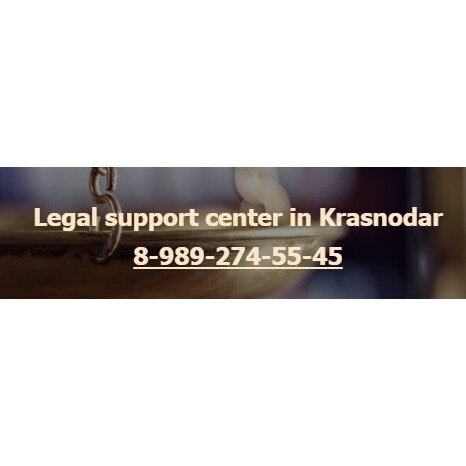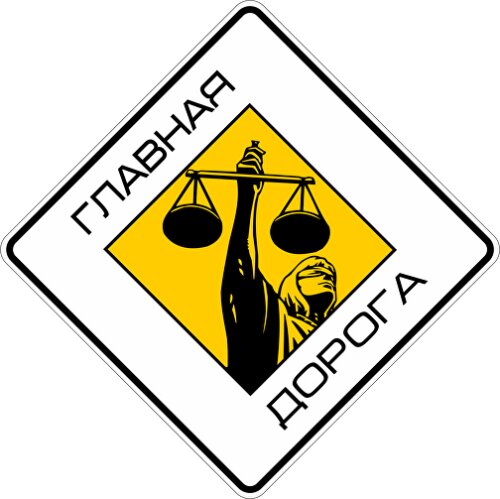Best Elder Law Lawyers in Russia
Share your needs with us, get contacted by law firms.
Free. Takes 2 min.
Or refine your search by selecting a city:
List of the best lawyers in Russia
About Elder Law in Russia
Elder Law in Russia encompasses a range of legal issues specifically affecting older adults. This field of law typically includes areas such as estate planning, guardianship, healthcare, protection of elder rights, and social security benefits. Given Russia's rapidly aging population, Elder Law is becoming increasingly prominent as it addresses both the individual needs of the elderly and the broader societal implications of an aging demographic.
Why You May Need a Lawyer
There are several common situations where individuals may require legal assistance in Elder Law:
- Estate Planning: Crafting wills and managing inheritance to ensure property and assets are distributed according to the individual's wishes.
- Guardianship Issues: Assisting with legal decisions regarding the care of an elderly person who cannot make decisions independently.
- Healthcare Decisions: Navigating healthcare laws to establish living wills or healthcare proxies.
- Protection Against Elder Abuse: Addressing cases where an elder might be subject to physical, emotional, or financial abuse.
- Pension and Benefits: Ensuring appropriate access to government benefits, pensions, and other financial support.
- Real Estate and Housing: Legal aspects of downsizing or moving into assisted living facilities.
Local Laws Overview
Elder Law in Russia is influenced by a variety of legal codes and regulations. Key aspects include:
- Family Code of the Russian Federation: Provides guidance on the rights and duties of family members and elder care responsibilities.
- Civil Code: This code governs inheritance, guardianship, and contractual obligations involving elder individuals.
- Federal Law on Social Services for Elderly Citizens and Disabled People: Outlines the framework for welfare services and support available to older citizens.
- Anti-Elder Abuse Legislation: Contains measures to protect the elderly from abuse and exploitation.
Frequently Asked Questions
What legal documents are essential for estate planning in Russia?
Important documents include a last will and testament, power of attorney, and healthcare proxy or living will.
What steps should I take if I suspect elder abuse?
Report the suspected abuse to the local authorities and consult a lawyer specializing in elder abuse cases to protect the rights of the elder individual.
How can I ensure my healthcare wishes are respected if I'm incapacitated?
Establish a healthcare proxy or living will to assign someone the authority to make healthcare decisions on your behalf.
What are the responsibilities of a legal guardian for an elder in Russia?
A legal guardian makes decisions regarding the personal, financial, and medical affairs of the elder individual incapable of doing so themselves.
How is inheritance regulated under Russian law?
Inheritance is governed by the Civil Code, which details how property is distributed, either by will or intestate succession.
Can I transfer property to my children while I'm still alive?
Yes, through a deed of gift or sale, with careful consideration of any legal and tax implications involved.
What government benefits are available for elders in Russia?
Elders may be eligible for pensions, subsidies for medication, housing, and other social services, based on specific eligibility criteria.
How do I contest a will in Russia?
To contest a will, you need to file a lawsuit in a court of law, providing evidence that challenges the legitimacy or execution of the will.
How can I protect my assets from fraud or financial abuse?
Regularly review financial statements, establish trusted relationships with financial institutions, and consider legal instruments like durable powers of attorney.
Are there legal resources available for low-income seniors?
Yes, there are non-profit organizations and government agencies that provide legal aid services to low-income seniors at little to no cost.
Additional Resources
For additional help or information, you may consider reaching out to:
- Ministry of Labor and Social Protection of the Russian Federation: Oversees social services and benefits for the elderly.
- Sovet Veteranov (Veterans' Council): Provides assistance and advocacy for elderly veterans.
- State Legal Bureau: Offers free legal advice and services for categories of citizens, including older adults.
- Non-Governmental Organizations (NGOs): There are various NGOs dedicated to elder rights and welfare advocacy.
Next Steps
If you require legal assistance in Elder Law, consider taking the following steps:
- Identify Your Needs: Clearly outline the legal assistance you require concerning elder-specific issues.
- Consult with a Specialist: Seek advice from a lawyer specializing in Elder Law to explore your options.
- Gather Documentation: Collect all relevant paperwork and documentation related to your situation.
- Explore Local Legal Aid: Check for legal aid services or pro-bono assistance that might be available to you.
- Prepare Questions: List questions and concerns to discuss with your legal advisor or attorney.
Taking these informed steps can help ensure that your legal interests, or those of your elderly loved ones, are adequately protected and served under Russian law.
Lawzana helps you find the best lawyers and law firms in Russia through a curated and pre-screened list of qualified legal professionals. Our platform offers rankings and detailed profiles of attorneys and law firms, allowing you to compare based on practice areas, including Elder Law, experience, and client feedback.
Each profile includes a description of the firm's areas of practice, client reviews, team members and partners, year of establishment, spoken languages, office locations, contact information, social media presence, and any published articles or resources. Most firms on our platform speak English and are experienced in both local and international legal matters.
Get a quote from top-rated law firms in Russia — quickly, securely, and without unnecessary hassle.
Disclaimer:
The information provided on this page is for general informational purposes only and does not constitute legal advice. While we strive to ensure the accuracy and relevance of the content, legal information may change over time, and interpretations of the law can vary. You should always consult with a qualified legal professional for advice specific to your situation.
We disclaim all liability for actions taken or not taken based on the content of this page. If you believe any information is incorrect or outdated, please contact us, and we will review and update it where appropriate.
Browse elder law law firms by city in Russia
Refine your search by selecting a city.
















